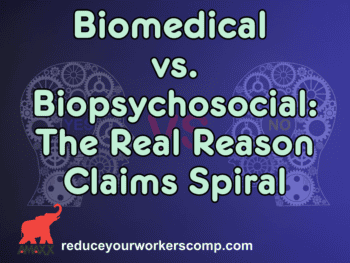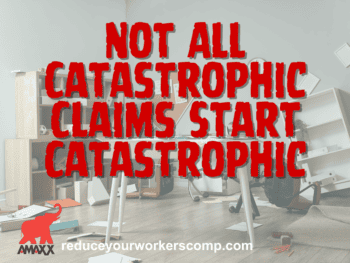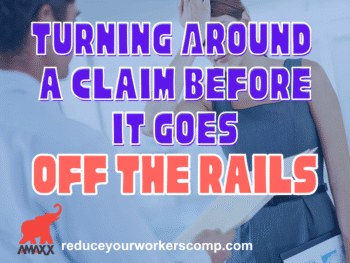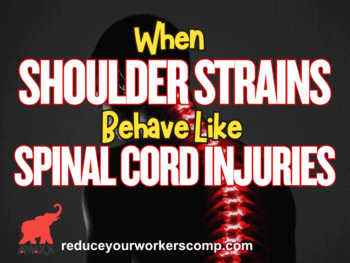Basic Information Critically Important in Claims
A recent NY comp decision,” Lama v SPK Restaurant, Inc.” (10/25/12), demonstrates the importance of employer providing accurate basic info as soon as possible on any alleged claim. A claim made by a person unknown to, and never employed by, the alleged employer should not be responded to by sending a document to the Board, carrier or TPA simply saying “unknown”.
Employee Alleged Assignment
In the “Lama” decision, a person alleged that they were assigned to sweep the sidewalk in front of 325 Broadway, NYC, on 9/14/01 (three days after the 9/11 attack) and as a result, developed pulmonary problems.
The worker consistently said that his employer was a Mr. Gelestathis and that the employer owned the Empire Restaurant in a one story building at 325 Broadway.
Employer Did Not Own Business or Employ Claimant, Ruled Liable
Mr. Gelestathis FORMERLY owned the Five Star Deli at 325 Broadway, but sold in to SPK Rest, Inc. in March 2000, who operated it as Wall Street Grill in a multi-story building.
Therefore, the claimant’s version was impossibly wrong as to a description of the building, the name of the restaurant, and the name of the owner, yet the Board ruled that SPK Restaurant, Inc. was the employer. The court reversed and said that NONE of the facts was consistent with that decision.
Matter Could Have Been Avoided
The entire matter could, probably, have been terminated far, far sooner if the alleged employers had promptly provided fuller evidence in a response. The Board assigned an investigator to locate an Empire Restaurant, and found none near 325 Broadway, but the same info could easily have been provided by both alleged employers far faster. A photograph of the location should have been included in the response, which would have shown that the claimant could not possibly be describing the alleged address. Phone books pages from the years 2000 and 2001 would have shown that no business fitting the name was listed at that address and that another restaurant entirely was there. A photo of the upper floors would have shown a multi-story building.
It is not stated in the decision precisely what evidence the employers provided, but the ruling, even after a field investigation showed no employer with that name at that address, shows that it could not have been very much.
The pitfall for the unwary lies in assuming that simply because your business has never had the alleged name, at the alleged address, and has never heard of or seen the alleged employee means that the Board won’t find you liable. It may very well do so, as it did here.
“Unknown” is not a response; it is a default.
Author: Attorney Theodore Ronca is a practicing lawyer from Aquebogue, NY. He is a frequent writer and speaker, and has represented employers in the areas of workers’ compensation, Social Security disability, employee disability plans and subrogation for over 30 years. Attorney Ronca can be reached at 631-722-2100. medsearch7@optonline.net
Editor Michael B. Stack, CPA, Director of Operations, Amaxx Risk Solutions, Inc. is an expert in employer communication systems and part of the Amaxx team helping companies reduce their workers compensation costs by 20% to 50%. He is a writer, speaker, and website publisher. www.reduceyourworkerscomp.com. Contact: mstack@reduceyourworkerscomp.com.
©2012 Amaxx Risk Solutions, Inc. All rights reserved under International Copyright Law



























